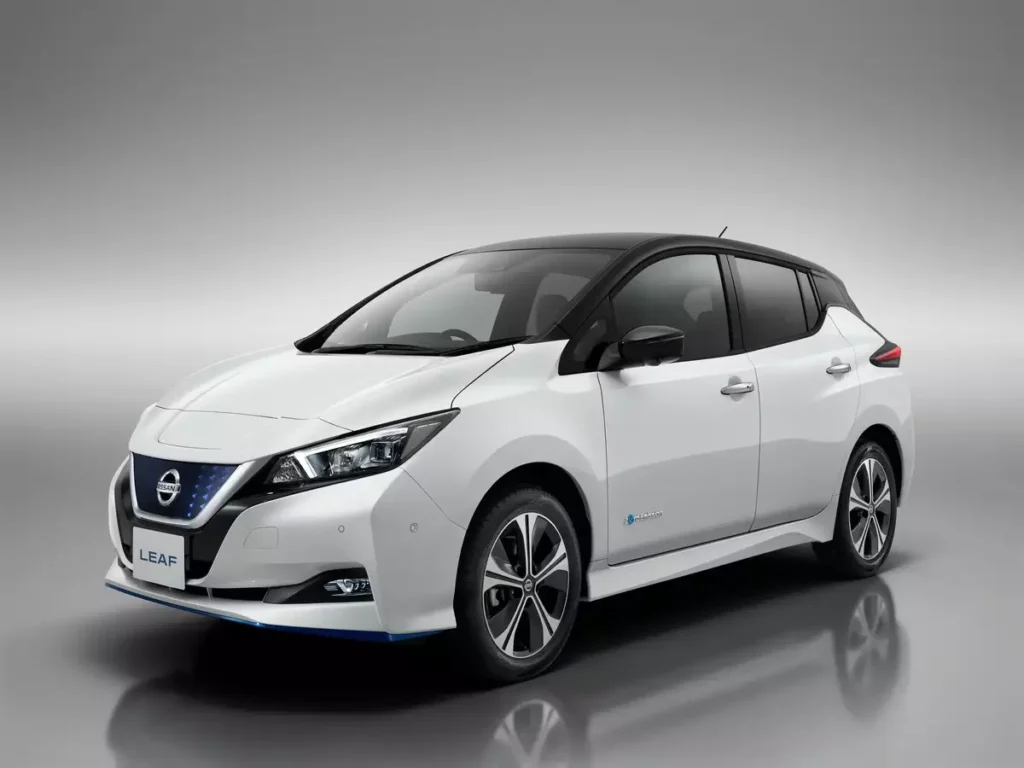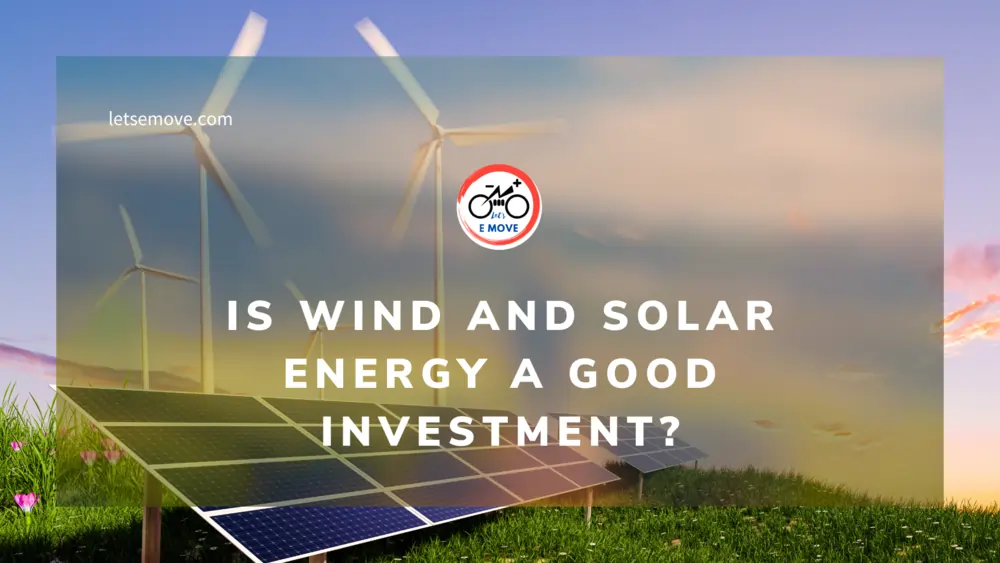
In a move aimed at accelerating the transition towards electric mobility, Nissan and Honda Exploring EV Partnership, Japanese automotive giants Nissan Motor Co., Ltd. and Honda Motor Co., Ltd. are reportedly exploring the possibility of forging a partnership focused on developing and producing electric vehicles (EVs) and related technologies.
The potential collaboration, which sources familiar with the matter describe as being in the early discussion phase, could involve joint efforts in areas such as EV platforms, battery technology, and charging infrastructure. Both companies declined to comment officially on the speculations.
“The automotive industry is undergoing a seismic shift towards electrification, and partnerships have become increasingly crucial for automakers to navigate this transition effectively,” said Christopher Richter, an analyst at CLSA Securities Japan. “A collaboration between Nissan and Honda could prove mutually beneficial, enabling them to pool resources, share costs, and leverage their respective strengths.”

Nissan, a pioneer in mass-market EVs with its Leaf model, has been grappling with aging EV technology and a limited product lineup compared to its competitors. Meanwhile, Honda has been relatively late to the EV party, lagging behind its rivals in rolling out fully electric models.
By joining forces, the two Japanese automakers could potentially gain a competitive edge in the rapidly evolving EV market, where established players and newcomers alike are vying for dominance.
“Partnerships are becoming a necessity, not just an option, in the EV race,” remarked Takaki Nakanishi, an automotive analyst at Jefferies. “Nissan brings its EV expertise and experience to the table, while Honda could contribute its engineering prowess and manufacturing capabilities.”
Also Read – MG Comet Long Term Review: What’s It Like To Live With The Little EV
The discussions between Nissan and Honda come at a time when the Japanese government has been actively pushing for the development and adoption of EVs as part of its efforts to combat climate change and reduce dependence on imported fossil fuels.

In a statement released earlier this year, Japan’s Ministry of Economy, Trade, and Industry (METI) emphasized the importance of promoting “open innovation through industry-academia-government collaboration and cross-industrial collaboration” in the field of EVs and related technologies.
“We welcome any efforts by Japanese companies to strengthen their competitiveness in the EV space,” said a METI official, speaking on condition of anonymity. “Strategic partnerships can help address the challenges associated with the transition to electric mobility, such as high development costs, technological hurdles, and the need for a robust charging infrastructure.”
Also Read – Audi Q6 E-Tron EV Set for Global Unveiling on March 18th
If the potential partnership materializes, it could pave the way for shared investments in areas like EV battery production, which requires substantial capital expenditure. Additionally, the collaboration could extend to the development of autonomous driving technologies and connected car services, further enhancing the companies’ competitiveness in the evolving mobility landscape.
Analysts believe that a successful partnership could also open doors for future collaborations with other automakers or technology companies, creating a broader ecosystem that drives innovation and accelerates the adoption of EVs globally.

“We’re seeing a trend of automakers forming strategic alliances and partnerships to tackle the complexities of the EV transition,” said Vivek Vaidya, an associate partner at Frost & Sullivan. “A Nissan-Honda collaboration could set an example for other industry players to follow, fostering a more collaborative and efficient approach to electric mobility.”
However, the potential partnership is not without challenges. Merging corporate cultures, aligning product strategies, and navigating regulatory and market complexities across different regions could pose hurdles that need to be carefully addressed.
“Any partnership of this magnitude requires a delicate balance of interests and a clear roadmap for execution,” cautioned Richter. “Nissan and Honda will need to navigate potential conflicts and ensure a harmonious integration of their respective strengths to make this collaboration truly successful.”
As discussions progress, industry observers will be closely monitoring the developments, eager to witness the potential synergies that could emerge from a partnership between two automotive heavyweights in the race toward electric mobility.







